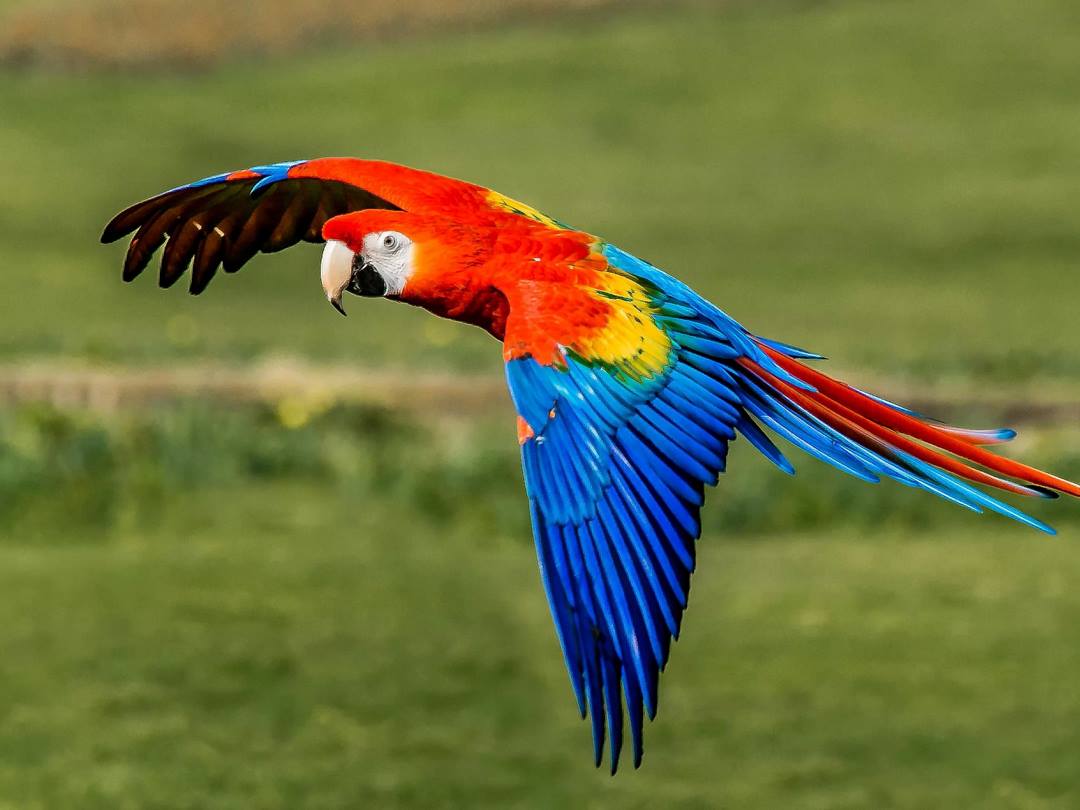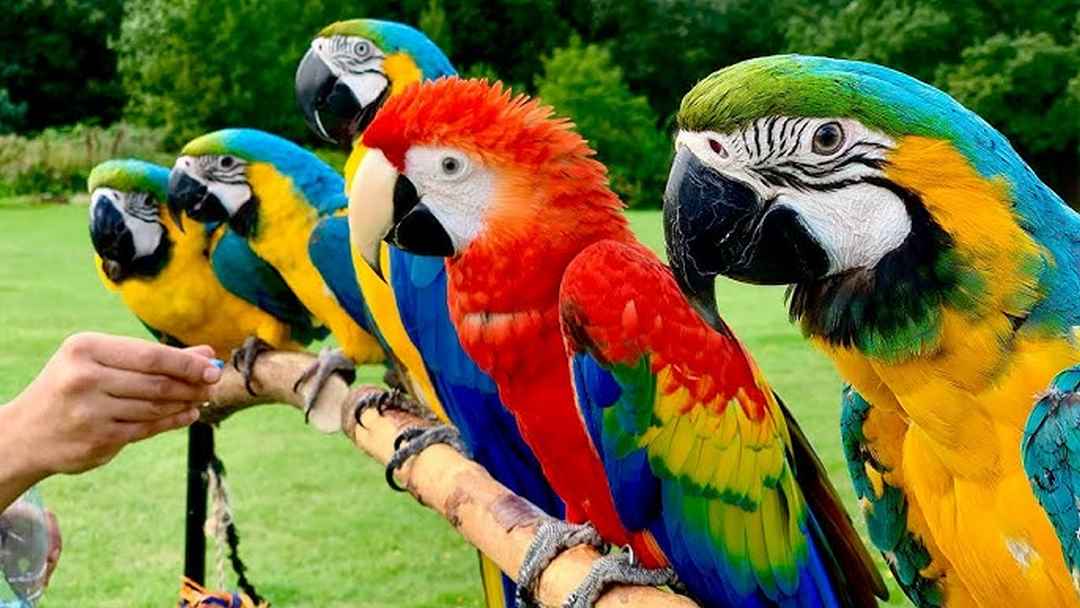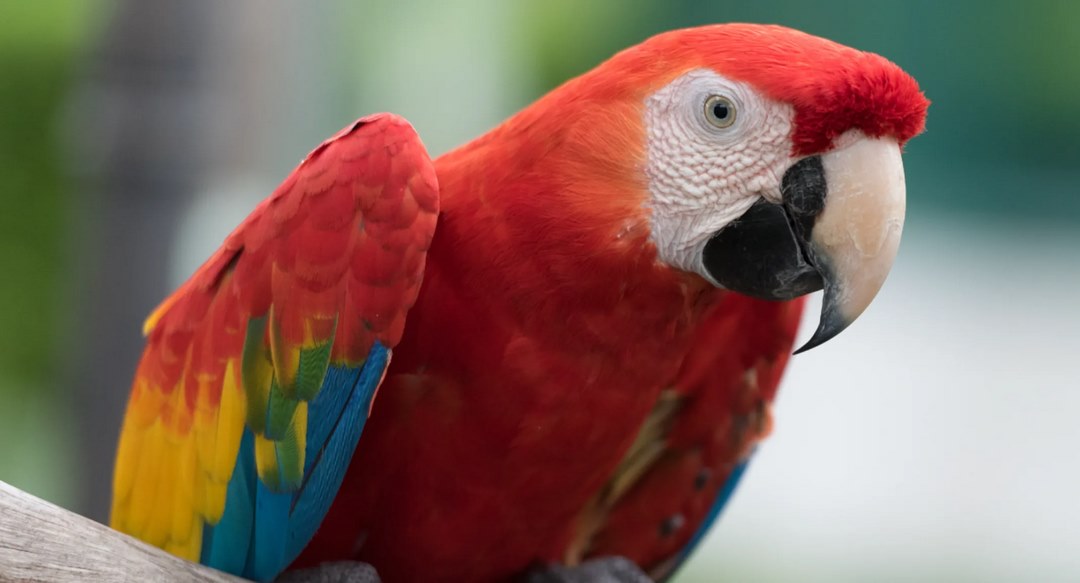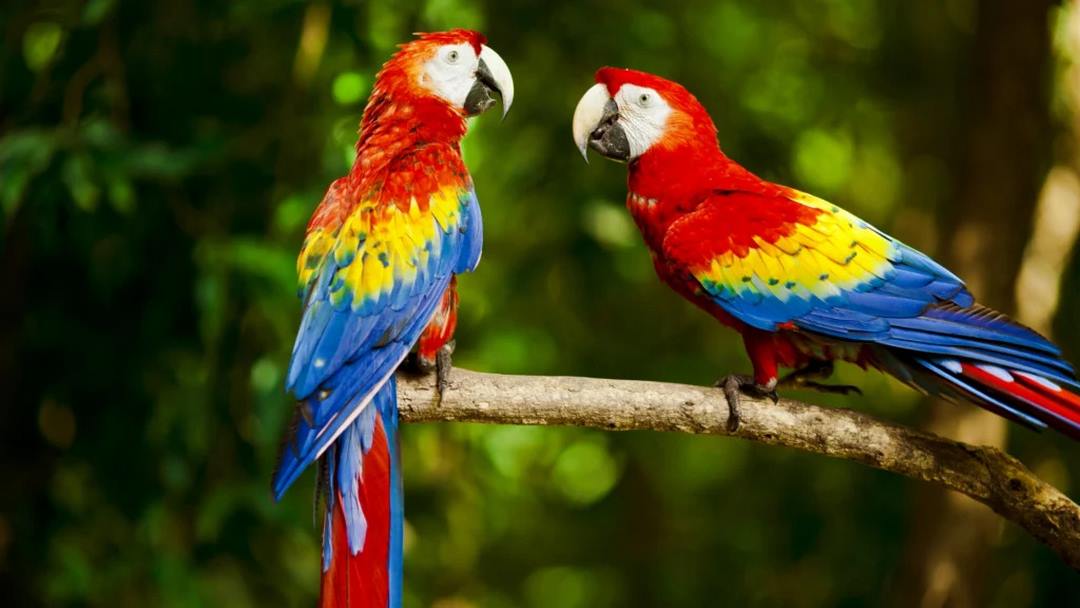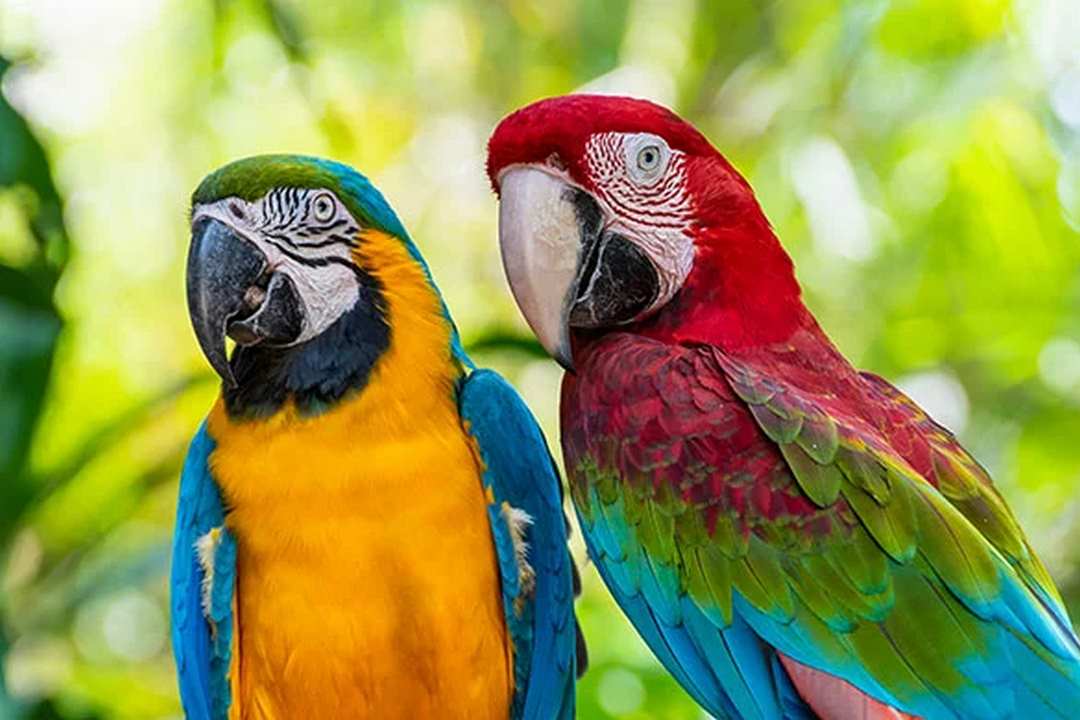Macaws are among the most vibrant and captivating parrot species, renowned for their stunning plumage and lively personalities. As exotic pets, they require specific care to thrive and flourish in a domestic environment. In this comprehensive guide, we will explore the essential aspects of macaw care, including their behavior, dietary needs, training techniques, and housing requirements. Whether you’re a new macaw owner or looking to enhance your knowledge, this guide will equip you with the tools to ensure your macaw lives a happy and healthy life.
1. Understanding Macaw Behavior
Macaw Personality Traits
Macaws are incredibly intelligent and social creatures. Known for their playful and curious nature, they thrive on interaction and mental stimulation. These birds are not only affectionate but also form strong bonds with their human companions. Their need for socialization means that spending quality time with them is crucial for their emotional well-being.
Common Behavioral Challenges
While macaws are delightful pets, they can also exhibit behavioral challenges. Issues such as excessive screaming, biting, or destructive behavior often stem from boredom or a lack of interaction. Understanding their emotional needs and providing a stimulating environment can significantly reduce these behaviors.
Socialization Needs
Socialization is vital for macaws. Regular interaction with people and other birds helps them develop into well-adjusted companions. Engaging in play, talking, and training sessions fosters a deeper bond and keeps them mentally stimulated.
2. Proper Diet for Macaws
Balanced Nutrition for Macaws
A proper diet is essential for a macaw’s health. Their diet should consist of a variety of fresh fruits, vegetables, high-quality pellets, seeds, and nuts. Foods like apples, bananas, leafy greens, and bell peppers are excellent choices that provide the necessary nutrients for their overall well-being.
Foods to Avoid
Certain foods can be toxic to macaws and should be avoided at all costs. Never feed your macaw chocolate, avocado, caffeine, or any high-sugar foods. These can cause serious health issues and even be fatal.
Feeding Schedule and Portion Control
Establishing a consistent feeding schedule is important. Adult macaws typically require a daily intake of 1/4 to 1/2 cup of pellets, supplemented with fresh fruits and vegetables. Monitor their weight and adjust portion sizes as needed, ensuring they maintain a healthy body condition.
3. Macaw Training Tips
Building Trust with Your Macaw
Training begins with establishing trust. Spend time getting to know your macaw and building a relationship through gentle interaction. Use a calm voice and let them approach you at their own pace.
Basic Commands and Tricks
Teaching basic commands like “step up” and “stay” is essential for a well-behaved macaw. Use consistent cues and positive reinforcement, rewarding them with treats or praise when they respond correctly.
Positive Reinforcement Techniques
Macaws respond best to positive reinforcement. Using treats and verbal praise encourages them to engage in desired behaviors. Be patient and consistent, as training takes time and dedication.
4. Housing and Environment Setup for Macaws
Choosing the Right Cage
Selecting the right cage is crucial for your macaw’s happiness. Ideally, the cage should be spacious—at least 3 feet wide, 2 feet deep, and 5 feet high. Make sure it has horizontal bars for climbing and plenty of room for movement.
Cage Placement and Setup
Place the cage in a well-lit area where your macaw can observe daily activities without being exposed to drafts. Avoid areas near direct sunlight or extreme temperature changes.
Toys and Enrichment Activities
Macaws are highly intelligent and need plenty of mental stimulation. Provide a variety of toys, perches, and climbing structures to keep them engaged. Rotate toys regularly to maintain their interest.
Temperature and Lighting Requirements
Maintaining an appropriate temperature is essential. Keep the indoor environment between 65°F and 80°F (18°C – 27°C). Ensure your macaw receives natural sunlight or a full-spectrum light source to support their health.
5. Common Health Issues in Macaws and Prevention
Recognizing Signs of Illness
Being vigilant about your macaw’s health is vital. Common signs of illness include feather plucking, lethargy, changes in appetite, or abnormal droppings. If you notice any of these signs, consult a veterinarian promptly.
Regular Veterinary Care
Routine check-ups with an avian veterinarian are crucial for preventing health issues. Regular exams, vaccinations, and parasite control help keep your macaw in peak condition.
Tips for Maintaining a Clean Living Environment
A clean living space prevents disease. Clean the cage weekly, and replace bedding and toys regularly. Keep food and water dishes clean to avoid contamination.
Conclusion
Caring for a macaw requires commitment, knowledge, and a genuine love for these beautiful creatures. By understanding their behavior, providing a balanced diet, implementing effective training techniques, and creating a safe, enriching environment, you can ensure that your macaw thrives in your care. Investing time and effort into their well-being will reward you with a loyal and affectionate companion for years to come.
FAQs About Macaw Care
How much time should I spend with my macaw each day? Aim for at least 2-3 hours of direct interaction daily to build a strong bond and keep them mentally stimulated.
Can macaws talk, and how do I train them to speak? Yes, macaws can mimic speech! Consistent training using repetition and positive reinforcement will help them learn words and phrases.
What is the ideal cage size for a macaw? A cage measuring at least 3 feet wide, 2 feet deep, and 5 feet high is recommended for macaws, providing enough space for movement and play.
This guide offers a detailed and engaging overview of macaw care, making it a valuable resource for pet owners and enthusiasts alike.

